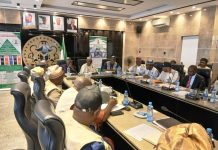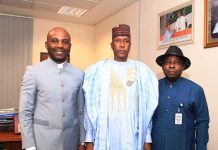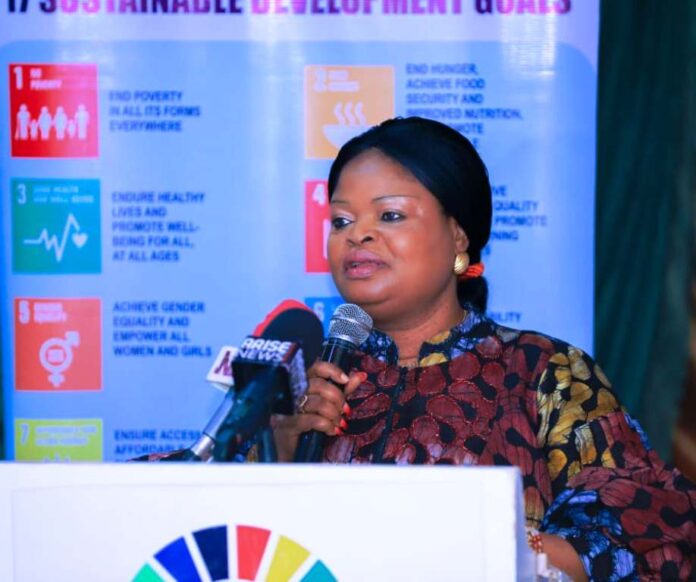
With less than five years to the 2030 deadline set out to achieve sustainable development goals, Senior Special Assistant to the President on Sustainable Development Goals (SDGs), Princess Adejoke Orelope-Adefulire OFR, has charged states and other stakeholders to turn commitments into measurable results, noting that Nigeria’s success on SDGs depends on urgent sub-national, whole-of-government and whole-of-society action.
Speaking at a one-day Roundtable Dialogue with States SDGs Focal Persons in Abuja on Tuesday 12th of August 2025, Orelope-Adefulire said the remaining five years demand “greater coordination, innovation, and sub-national ownership” if Nigeria is to meet its commitments. She stressed that state focal persons play a strategic role in bridging national policy with grassroots realities, and called for the SDGs to be fully mainstreamed into states budgets and development plans.
“Our discussions must be honest, bold, and action-oriented. We must move from commitment to results. The SDGs are about real people, real communities, and real change,” she declared.
Princess Orelpoe warned that sustainable development cannot be achieved without sustainable financing, urging states to stop depending solely on external aid, but mobilize internal resources to implement SDGs. She also revealed that 17 states have yet to domesticate and integrate the SDGs into their governance frameworks, a shortfall she described as a “major obstacle” to national progress.
She confirmed that while about twenty states have already aligned their plans with SDGs targets and indicators, the rest must act fast to ensure their budgets reflect national priorities, stressing that development must be driven from the bottom up, urging states and local governments to ensure that increased Federal allocations translate into tangible community benefits. She called for the SDGs to be fully mainstreamed into state budgets and development plans, and for states to reduce dependence on external aid.
Ealier the secretary of programme Alhaji Mohammed Bala Saulawa noted that the meeting was initiated to share insight, promote best practices and proffer innovative solutions towards achieving the SDGs in Nigeria. He told the focal persons and other stakeholders that collective efforts are crucial in addressing the development challenges of Nigeria such as poverty inequality and climate change.
Also speaking at the event, Edo State’s Director-General for SDGs, Julius Okunbor, praised the dialogue as “an eye-opener,” adding that the SDGs in his state had been revived, active and working to accelerate implementation.
The Special Adviser to Abia State Govenor on Basic and Secondary Education, Kenechukwu Nwosu, highlighted how integrating SDGs across infrastructure, health, agriculture, and sanitation was driving tangible progress in Abia State.
As the clock ticks towards 2030, the meeting made clear that Nigeria’s sustainable development trajectory will be determined not just by federal policies, but by what happens in state capitals, local government offices, and communities across the nation.
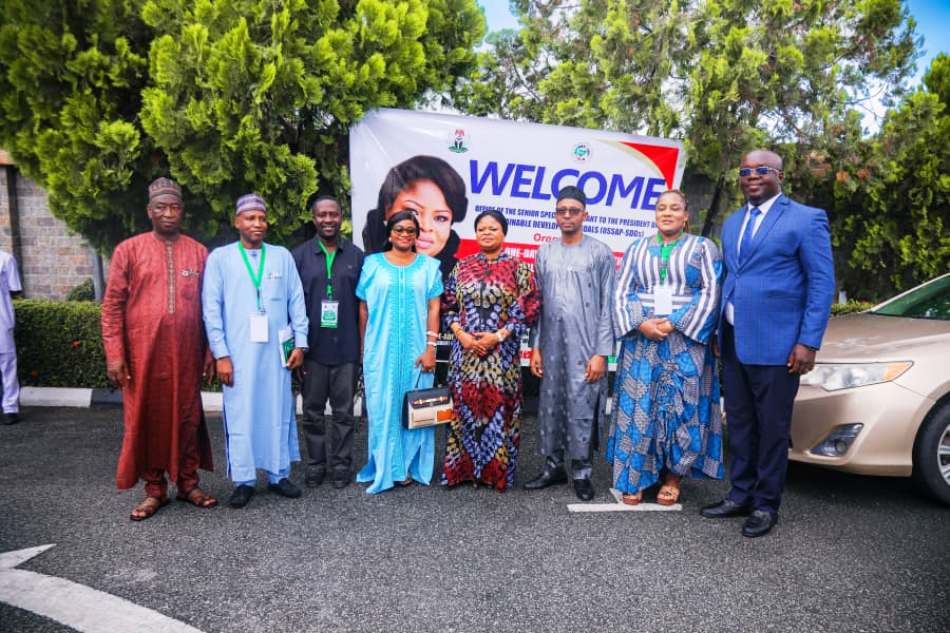
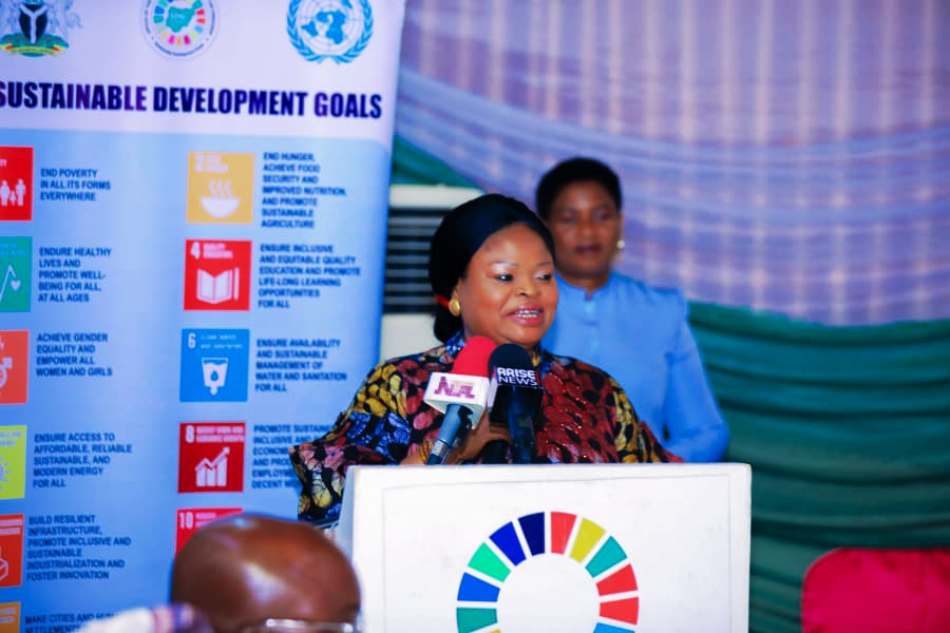
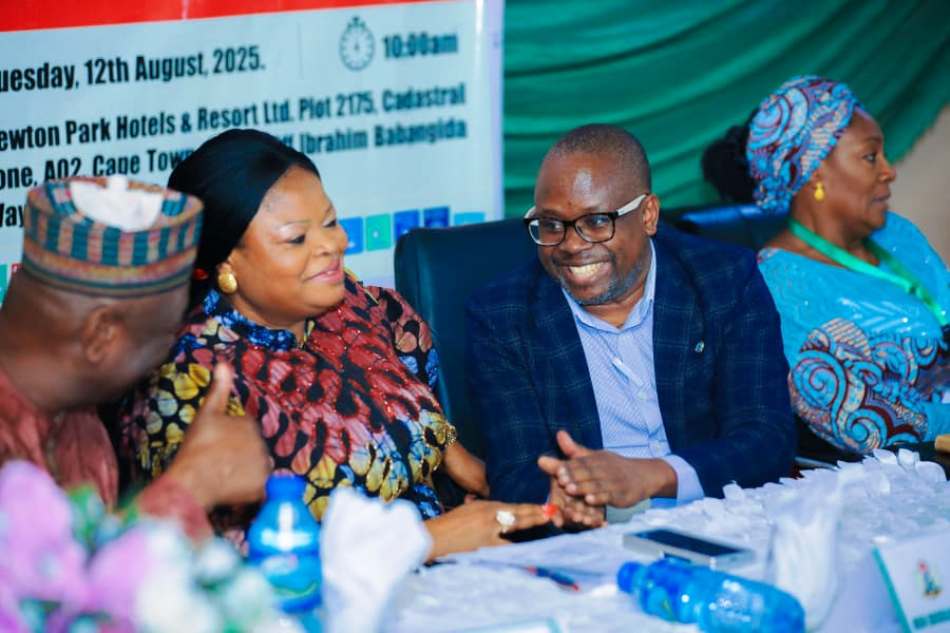
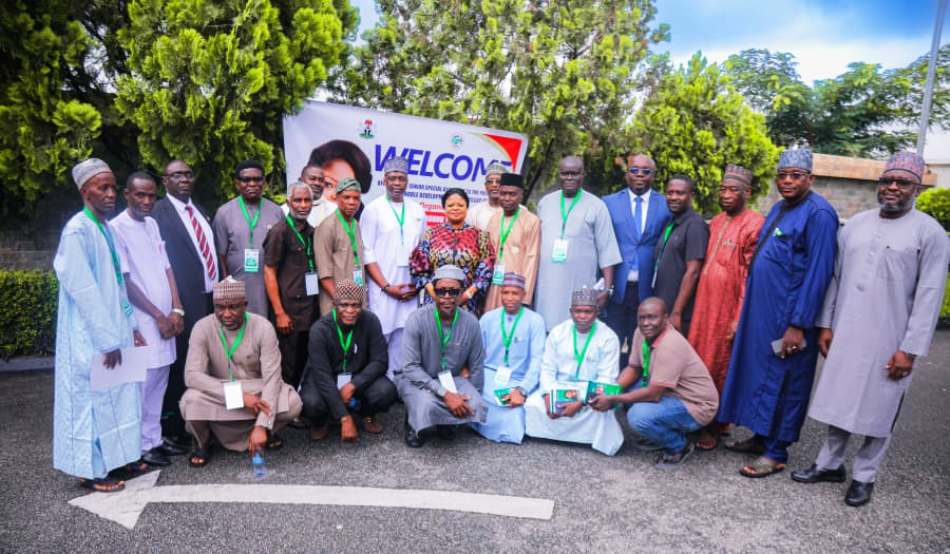
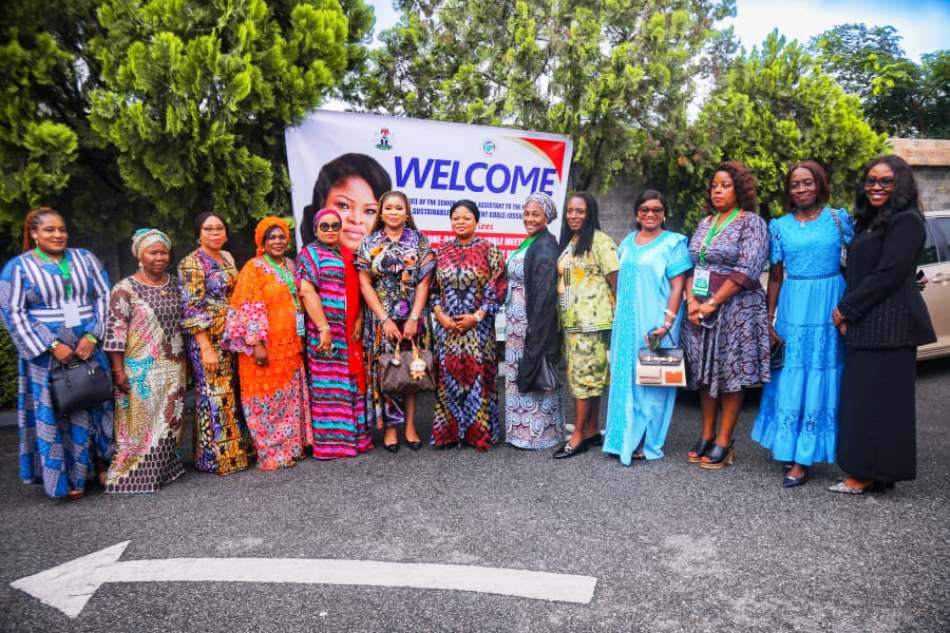

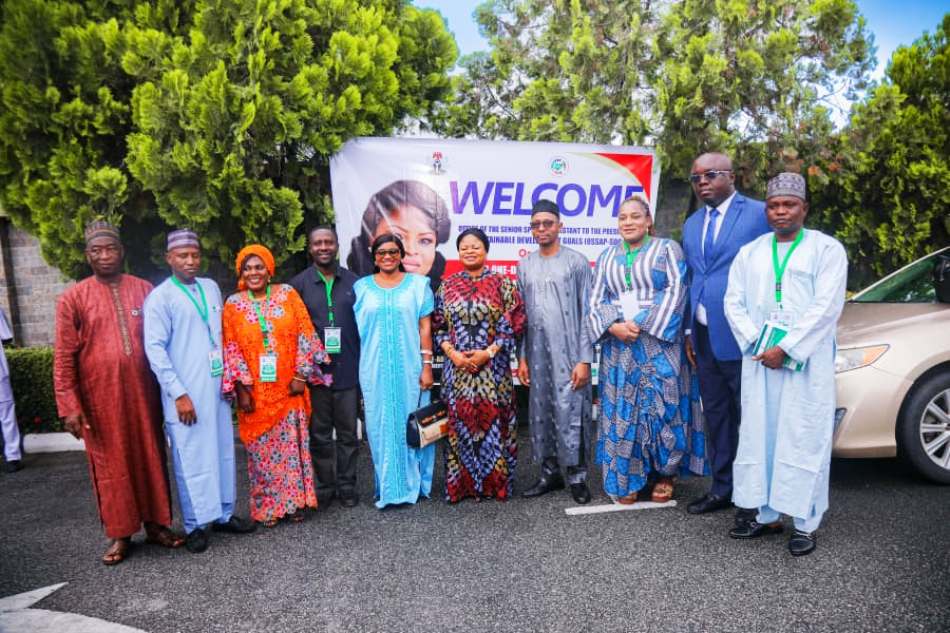
Signed
Jimoh O. Abdulsalam ACIA, ANIPR
Head, Information & Public Relations
OSSAP-SDFGsS



